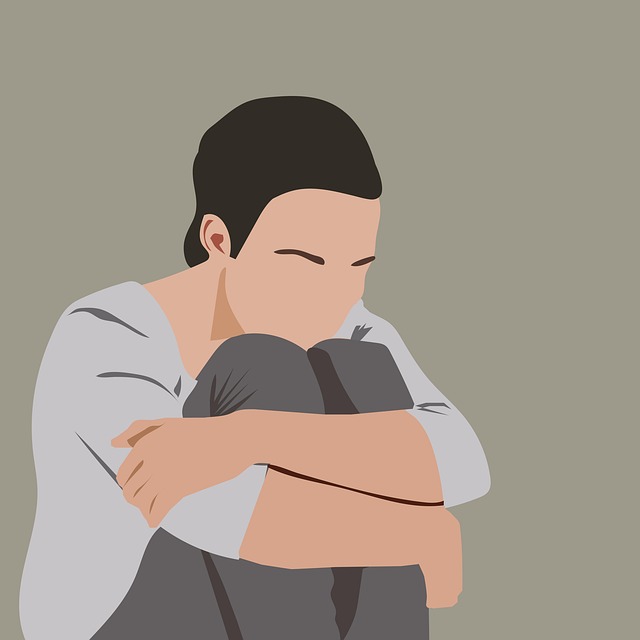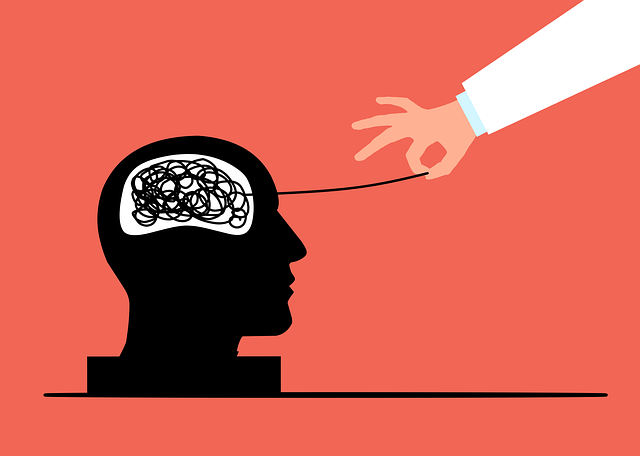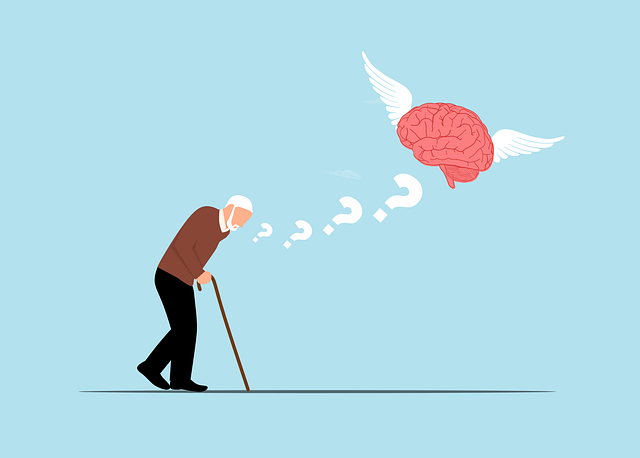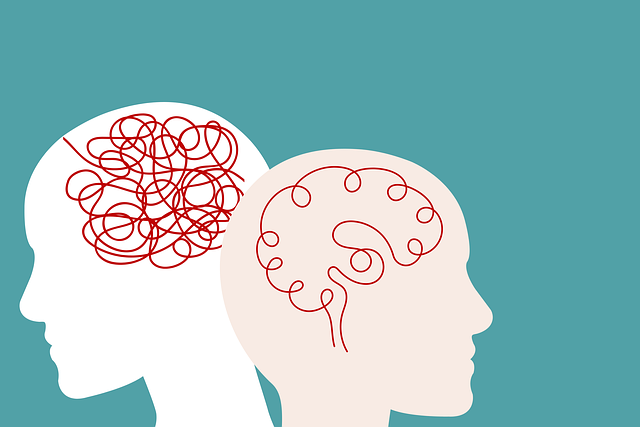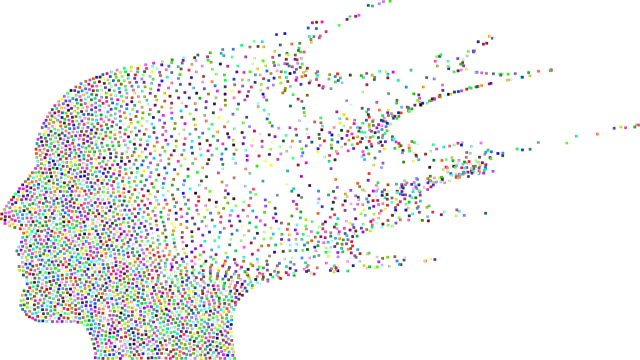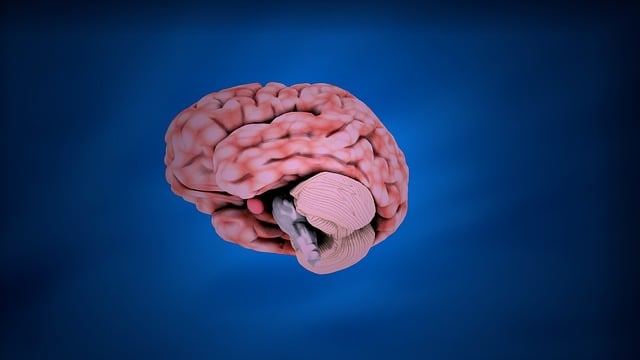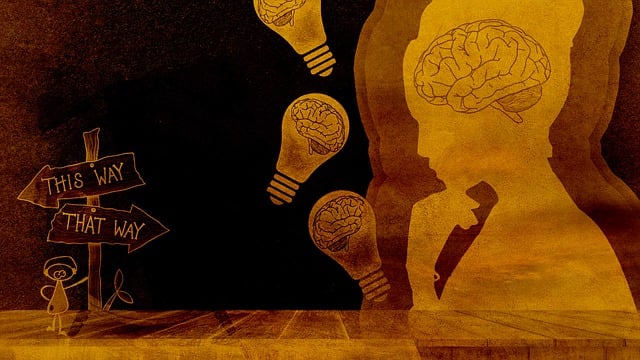Mental health crisis hotlines (24/7) offer immediate support and connect users to trained professionals for therapy, including specialized approaches like cognitive-behavioral therapy (CBT) for children with PTSD. These services prevent crises, empower individuals with long-term mental health tools, and promote wellness coaching. Early intervention through therapy, social skills training, and supportive environments are crucial for managing PTSD symptoms in children, enhancing their recovery and overall well-being. Trained volunteers and professionals equipped with risk assessment skills and holistic practices ensure high-quality crisis hotline services, fostering compassionate spaces for emotional healing.
“In times of mental health crises, access to immediate support can be a lifeline. Mental Health Crisis Hotline services play a pivotal role in providing assistance to individuals in distress, offering a confidential and non-judgmental space. This article explores the critical function of these hotlines, focusing on their impact on children suffering from Post-Traumatic Stress Disorder (PTSD). We delve into effective therapy approaches for PTSD in young minds and offer a step-by-step guide to accessing crisis support. Additionally, we highlight the training and resources available for volunteers and professionals.”
- Understanding Mental Health Crisis Hotlines: A Lifeline for Many
- The Impact of Post-Traumatic Stress Disorder (PTSD) in Children
- How Therapy Can Help Children with PTSD
- Accessing Crisis Hotline Services: A Step-by-Step Guide
- Training and Support for Volunteers and Professionals
Understanding Mental Health Crisis Hotlines: A Lifeline for Many

Mental health crisis hotlines are a critical resource for individuals facing acute emotional distress or mental health emergencies. These 24/7 services provide immediate support, offering a safe and non-judgmental space for people to share their struggles. For many, especially those experiencing symptoms of post-traumatic stress disorder (PTSD) or suffering from burnout, these hotlines serve as a lifeline, connecting them to trained professionals who can offer guidance, therapy for children, and strategies for mood management.
The role of mental health crisis hotlines goes beyond immediate intervention; they play a vital role in promoting mental wellness coaching programs development. By providing timely support, they help prevent crises from escalating, allowing individuals to access resources and tools for long-term mental health maintenance. This proactive approach not only benefits the individual but also contributes to building resilience against future mental health challenges, fostering overall well-being.
The Impact of Post-Traumatic Stress Disorder (PTSD) in Children

Post-Traumatic Stress Disorder (PTSD) can significantly impact children, often stemming from traumatic events like abuse, accidents, or natural disasters. This disorder disrupts their sense of safety and normalcy, leading to a range of emotional and behavioral symptoms. Children with PTSD may experience flashbacks, nightmares, intense anxiety, avoidance behaviors, and difficulty concentrating in school or engaging in social activities.
Early intervention is crucial for managing PTSD in children. Therapy for Children with Post-Traumatic Stress Disorder often involves specialized approaches such as cognitive-behavioral therapy (CBT) tailored to their age and developmental stage. Mindfulness meditation techniques can help them stay grounded, while mental wellness coaching programs designed for this age group can boost their confidence and coping mechanisms. Additionally, creating a supportive environment at home and in school is essential for their recovery and overall mental health development.
How Therapy Can Help Children with PTSD

Therapy plays a pivotal role in helping children overcome post-traumatic stress disorder (PTSD). Through specialized therapeutic approaches tailored to their age and developmental stage, children can learn coping mechanisms to manage intense emotions and flashbacks associated with traumatic events. Play therapy, for instance, allows them to process trauma through creative expression, making it less intimidating. Cognitive behavioral therapy (CBT) is another effective method, teaching children to challenge negative thoughts and replace them with healthier ones.
Additionally, social skills training and communication strategies within therapy help children build resilience by fostering healthy relationships and improving their ability to express needs. This not only enhances their overall well-being but also serves as burnout prevention strategies for healthcare providers by promoting efficient recovery processes.
Accessing Crisis Hotline Services: A Step-by-Step Guide

Accessing crisis hotline support services can be a life-saving step for individuals experiencing mental health crises. The first step is to recognize when help is needed, whether it’s due to feelings of severe distress, thoughts of self-harm, or intense anxiety. Once identified, reaching out for assistance should be immediate.
Individuals can access crisis hotline services by making a phone call to a dedicated number, often toll-free and available 24/7. Training staff are equipped with the skills to provide immediate support, guidance, and resources tailored to each caller’s unique situation. For families seeking therapy for children with post-traumatic stress disorder (PTSD), these hotlines can be instrumental in connecting them to specialized mental health professionals. Compassion cultivation practices and healthcare provider cultural competency training often underpin these services, ensuring a safe, non-judgmental space for emotional healing processes to begin.
Training and Support for Volunteers and Professionals

Effective mental health crisis hotline support services rely heavily on well-trained and supported volunteers and professionals. Training programs often encompass a range of topics, including risk assessment for mental health professionals, to ensure safe and competent care. These sessions delve into advanced techniques for managing acute crises and offering immediate relief to individuals in distress. Beyond technical skills, training emphasizes the importance of empathy, active listening, and building rapport with callers, especially children experiencing post-traumatic stress disorder (PTSD).
Support services extend beyond initial training. Regular supervision, peer support groups, and continuous professional development sessions are vital for maintaining high standards of care. Mindfulness meditation and stress management techniques are often incorporated into these programs to enhance resilience among hotline staff. Such holistic approaches not only benefit professionals but also enable them to provide more effective therapy for children with PTSD, fostering a nurturing environment where vulnerable individuals can find solace and support.
Mental health crisis hotline support services play a pivotal role in providing immediate assistance and long-term solutions for individuals, especially children suffering from post-traumatic stress disorder (PTSD). By offering accessible resources and professional guidance, these hotlines not only alleviate immediate distress but also empower individuals to navigate their mental health journeys. Through volunteer training and ongoing professional development, crisis hotline services foster an environment of care and recovery, ensuring that those in need receive the therapy for children with PTSD they deserve.

